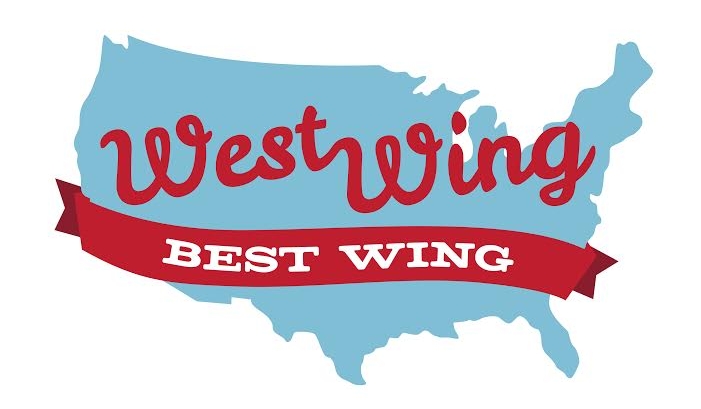Hiking Up (Prescription) Drug Mountain
We all remember when Martin Shkreli, CEO of Turing Pharmaceuticals raised the price of Daraphim from twenty dollars a tablet to seven hundred and fifty dollars a tablet. Shkreli's defense was that the drug is used very rarely, and he had to charge a lot to make a profit. To editorialize, it almost seemed like Shkreli was excusing his actions because "only 300 people in the country have this disease," this disease being toxoplasmosis.
He's not wrong, toxoplasmosis is very uncommon. It's almost exclusively contracted by people with severely weakened immune systems, such as those suffering from end-stage AIDS, chemotherapy, and people who have recently received organ transplants.
Toxoplasmosis, also found in cat litter boxes!
For this action, Shkreli became pretty universally despised, and left people asking the question, "how is this even legal?"
But, like the waxing and waning of the moon, we all kind of forgot about drug price hikes, and moved on to some of the many other pressing issues of our time. Until drug price hacks came back into the news with the revelation that a company named Mylan had raised the price of the EpiPen to over 600 dollars for a pack of two EpiPens.
Very bad news for all the little baby Millhouses out there.
Mylan has actually done a lot of price hacks in recent years, in anticipation of the release of a generic version of the EpiPen from a rival company. This generic was recently rejected by the FDA though, which means Mylan has another year (at least!) of a near-monopoly on EpiPen sales, and the ability to hike prices as much as they want.
A key thing to remember is that many people are not paying sticker price for these, or any drugs. Those with insurance, both private and public (Medicaid) are paying just a fraction as part of their copay. In fact, through the past years of Mylan price hikes, the price that consumers have paid for EpiPens has stayed pretty stagnant, from $73.03 in January of 2015 to $73.50 this July. But insurers costs for the drug have risen from $421 in January of 2015 to $635 this July. And consumers with high insurance deductibles are having to pay for the entire cost of an EpiPen before they make their deductible and can start taking advantage of copays.
Now, I started this blog post on a Friday, and everyone had already been whipped into an outrage. I did not finish the blog post, choosing instead to finish Crazy Ex-Girlfriend and eat pretzels over the weekend, and political news moves so quickly, that my planned conclusion was rendered irrelevant.
The first season is on Netflix, you'll thank me later.
That's because, on Monday, Mylan released their own generic version of the EpiPen at half the cost, $300 dollars instead of over $600. This is still three times the cost of what the EpiPen was in 2007, and most people are still frustrated with Mylan.
But what's there to do? A bipartisan group of Senators is calling on the FDA to provide more information about the EpiPen specifically, to find a solution to this particular crisis. That may help now, but more information, and better access to generic EpiPens, will not help when the next drug is made astronomically more expensive.
That is because there is no law to prevent companies from increasing the cost of prescription drugs, and no advisory body to assist with setting the price of drugs. Such an advisory body exists in the UK, and works to set the value of drugs to prevent manufacturers from charging outrageous prices. Implementing such a board here in America might be one way to help ensure that price hikes like these don't happen again.
Other argue that if the FDA did not give companies the exclusive rights to sell and market a drug for a set number of years, prices would go down. For example, if generics were allowed on the market sooner, there would be an incentive for business to keep drug prices at a normal level. Some may argue that immediately allowing generics on the market does not do enough to reward inventors who came up with new drugs, and creates less of an incentive for business to develop new drugs. They advocate instead for policies to make drug development cheaper.
A lot of these proposals come back to the FDA, the agency in this country that regulates when drugs can be prescribed. And many of their regulations and rules are administrative, not necessarily bound into law. And you can make a comment on their rules and operating procedures here, if you feel so inclined. In fact, you could even just submit a link to this blog post. I'd love to pick up some readers in DC.
See! The FDA has a lot of power!




